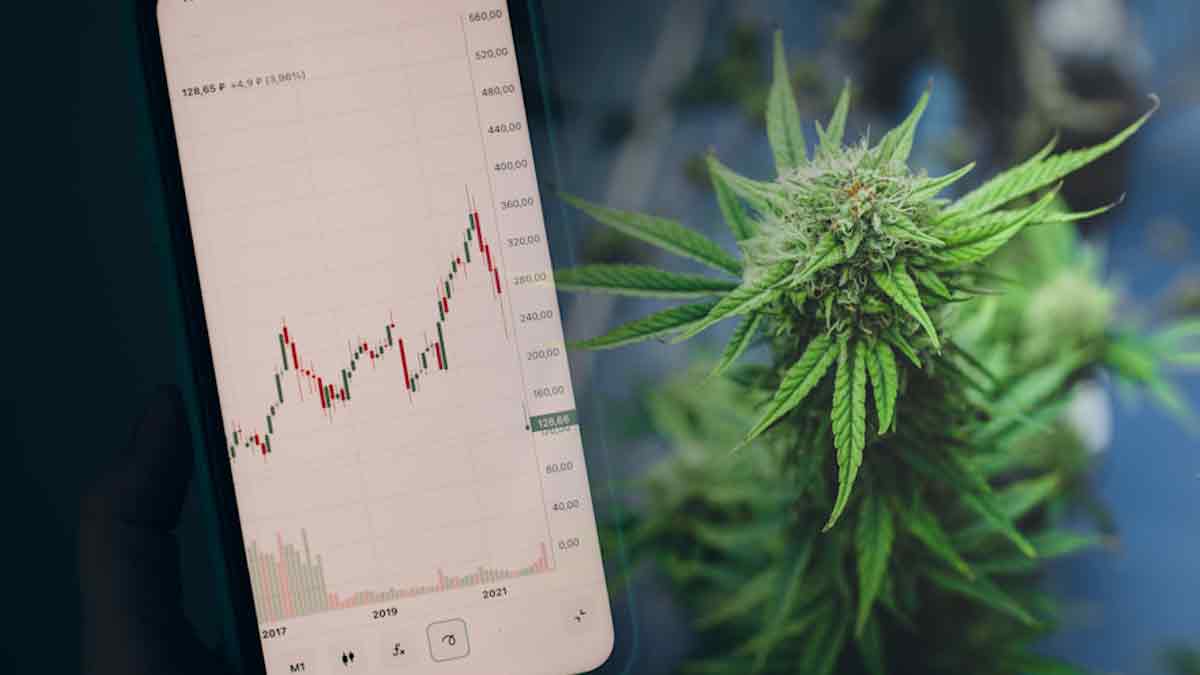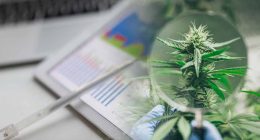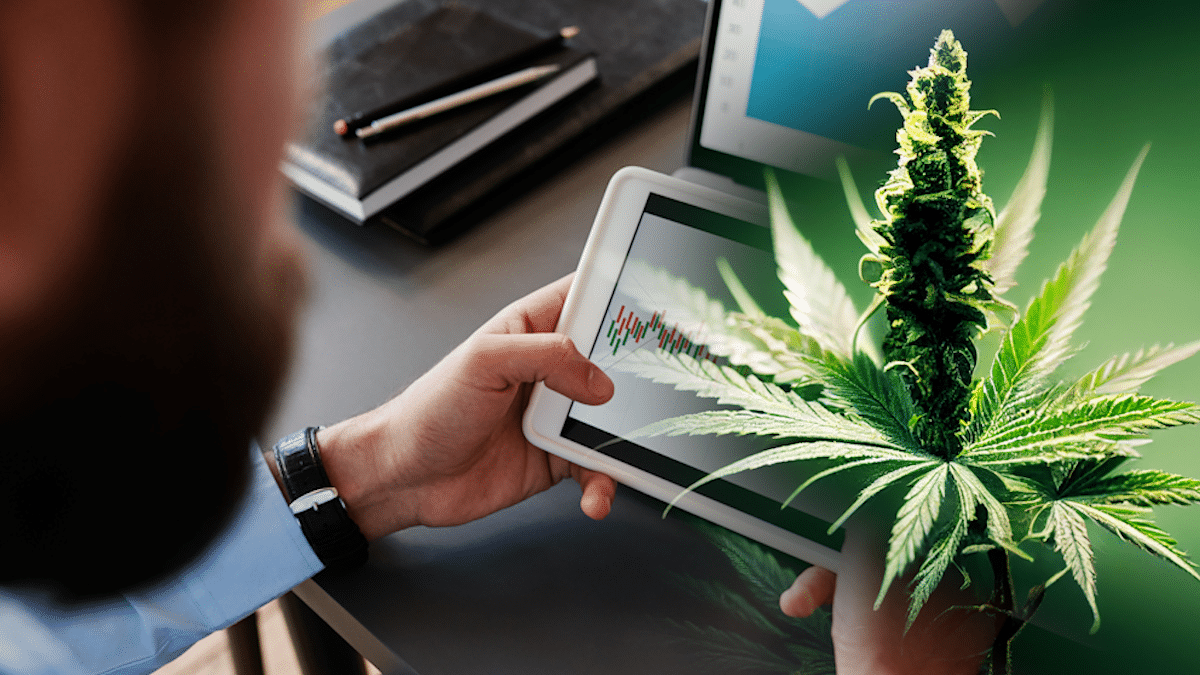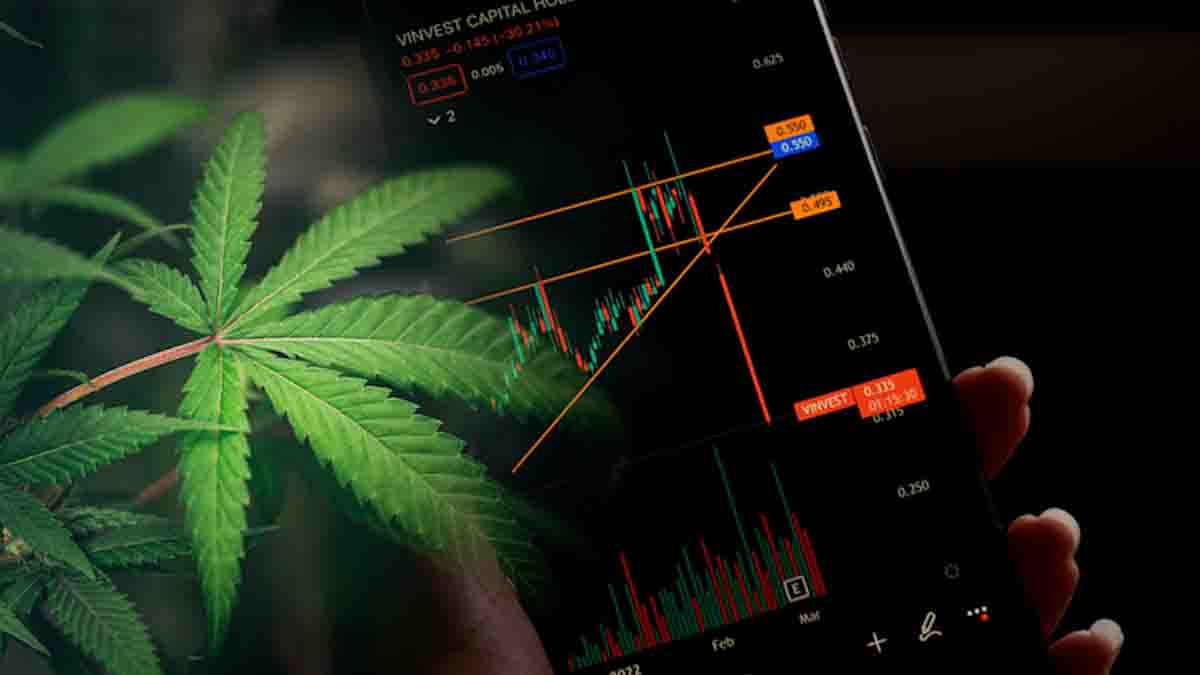Palmer Republican Shelley Hughes introduced a proposal recently (Senate Bill 6) that would Permit for the creation of an Alaska hemp industry fully separate from commercial cannabis. Hughes said she introduced the proposal after hearing from farmers in the Matanuska-Susitna Borough who would like to cultivate hemp, particularly to feed livestock. Hughes said, “I’m hoping it maybe, in a small way, opens up an economic opportunity for Alaskans.” She noted the vast array of goods that can be created from hemp (some estimate more than 25,000 possible products) including food and construction materials.
It is still unknown if the crop will be profitable in Alaska. Hughes pointed to a 1916 document from the Alaska Agricultural Experiment Stations that says hemp “fruited abundantly” during a summer crop in the then-territory. Former Senator Johnny Ellis introduced a similar proposal last session that did not make it through the Legislature. Hughes had to reintroduce it, and adjusted it after reviewing hemp federal guidelines. Under the proposal, hemp would be considered an agricultural product, and excluded from Alaska’s definition of cannabis. The hemp industry would be managed by the Division of Agriculture, instead of the Alcohol and Marijuana Control Office.
Strictly controlled, state-run hemp pilot programs were made legal at the federal level by the 2014 Federal Farm Bill. Under Senate Bill 6, Alaska’s farmers would be able to produce, process, and sell hemp. An individual, college, or the Alaska Department of Natural Resources could partake in the pilot program. Hemp would be defined in Alaska statutes as cannabis sativa L., containing no more than 0.3 percent THC. That’s the common definition both at a federal and state level, which the California-based Project CBD says originated from a 1976 taxonomic report by a Canadian plant scientist who never intended to create the legal standard for cannabis vs hemp.
MAPH Enterprises, LLC | (305) 414-0128 | 1501 Venera Ave, Coral Gables, FL 33146 | new@marijuanastocks.com










